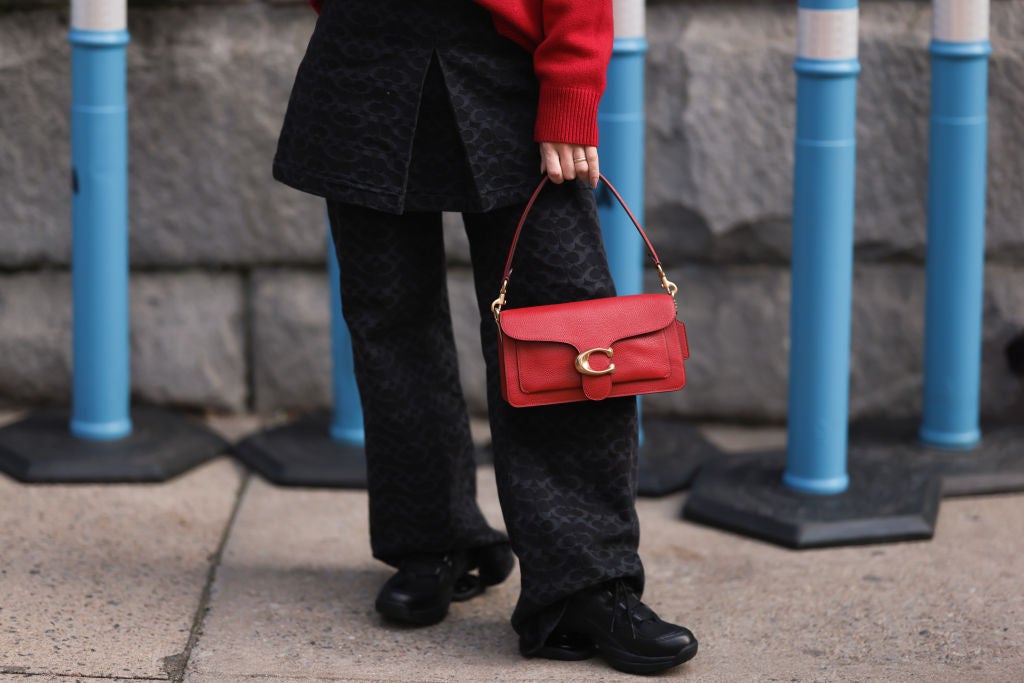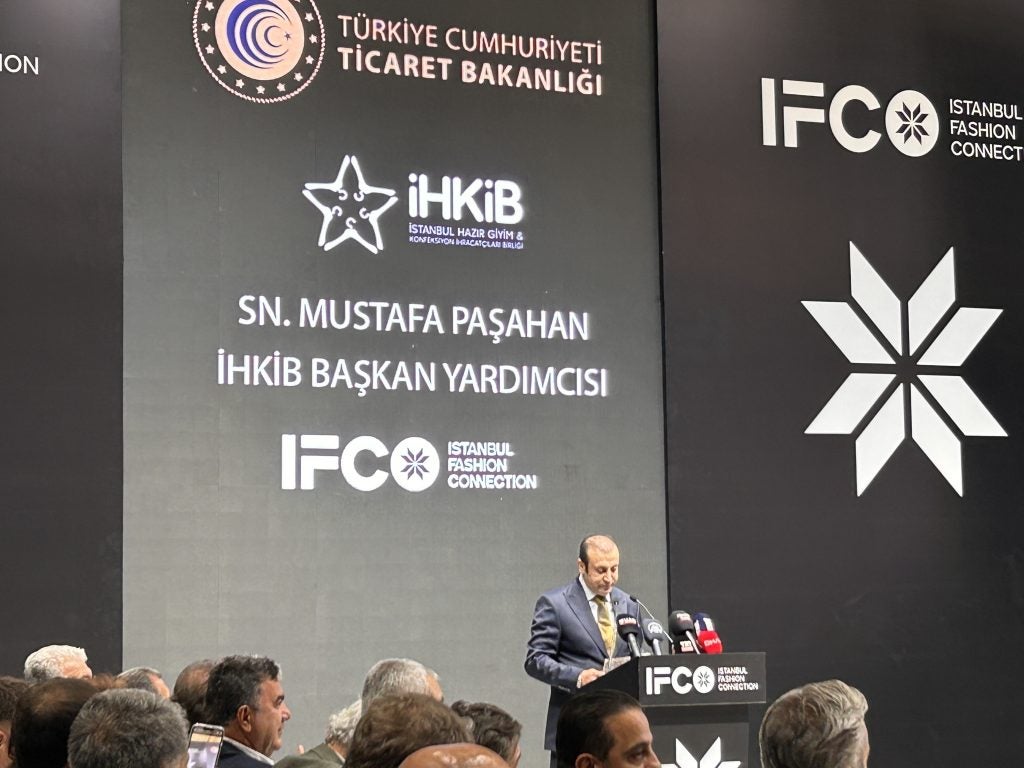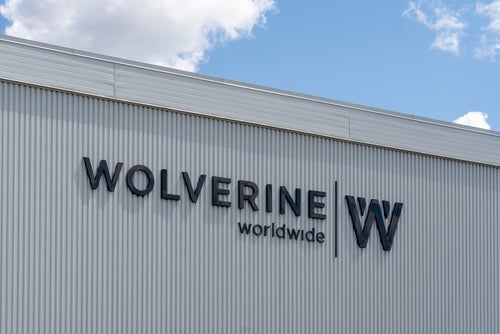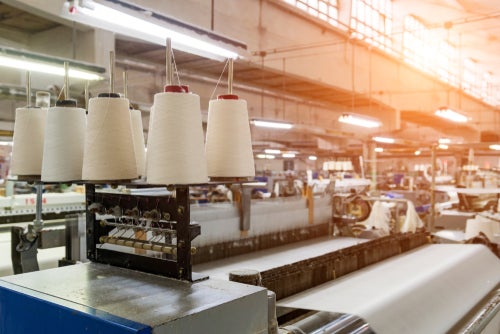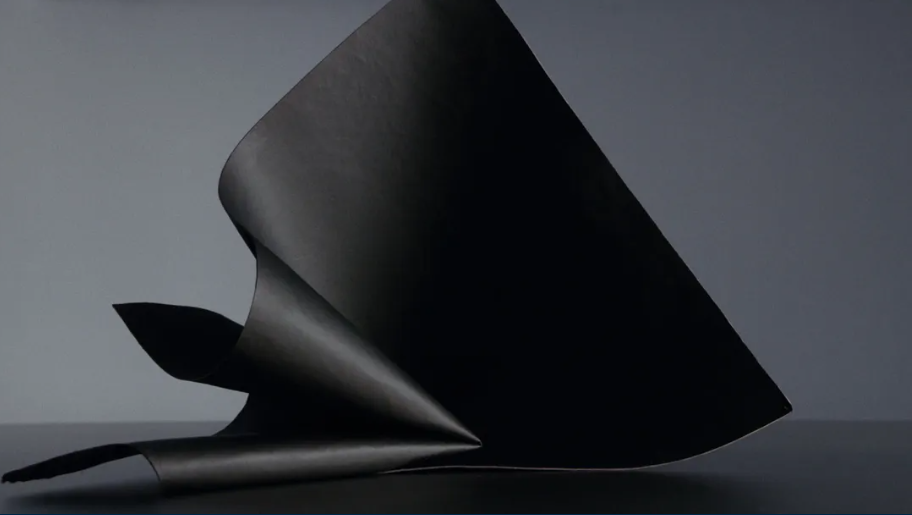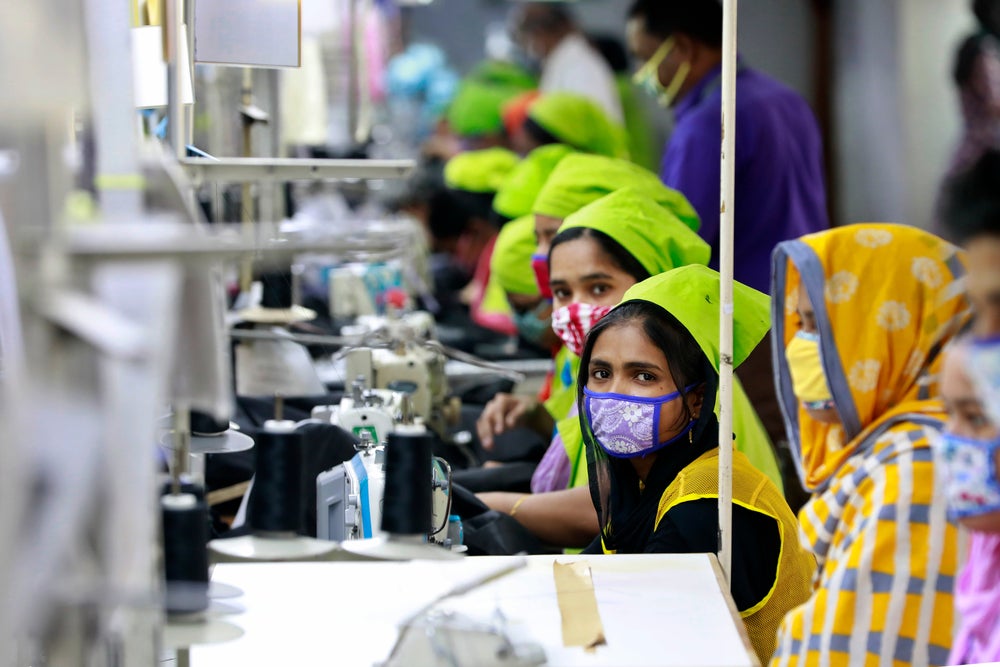As part of the deal, Tapestry says it will be uniting six "distinctive brands" and expanding its portfolio reach across consumer segments, geographies and product categories.
Capri Holdings Limited's luxury fashion brand portfolio includes Italian luxury brand Versace, British luxury footwear brand Jimmy Choo, and US luxury brand Michael Kors. While Tapestry owns US lifestyle brands Coach, Kate Spade, and Stuart Weitzman.
Tapestry explains this acquisition will bring these highly complementary brands together and will give them global reach using its data-rich customer engagement platform and diversified, direct-to-consumer operating model.
The board of directors from both Tapestry and Capri Holdings Limited have unanimously approved the transaction which is anticipated to close in calendar year 2024, subject to approval by the Capri Holdings shareholders, as well as the receipt of required regulatory approvals, and other customary closing conditions..
Tapestry says the acquisition builds on its core tenets as consumer-centric brand-builders and disciplined operators, accelerating its strategic and financial growth agenda.
Tapestry's CEO Joanne Crevoiserat remarks the organisation has a passion for building enduring brands through superior design, craftsmanship and an unwavering focus on our customers.
She continues: "Importantly, we’ve created a dynamic, data-driven consumer engagement platform that has fuelled our success, fostering innovation, agility, and strong financial results. From this position of strength, we are ready to leverage our competitive advantages across a broader portfolio of brands."
In fact, Crevoiserat suggests the combination of brands under Tapestry and Capri Holdings Limited's portfolio will create a new powerful global luxury house, unlocking a unique opportunity to drive enhanced value for its consumers, employees, communities, and shareholders around the world.
Capri Holdings Limited's chairman and CEO John D Idol adds: "We are confident this combination will deliver immediate value to our shareholders. It will also provide new opportunities for our dedicated employees around the world as Capri becomes part of a larger and more diversified company."
Idol is of the view that by joining Tapestry, Capri will have greater resources and capabilities to accelerate the expansion of its global reach while preserving what he describes as "the unique DNA" of its brands.
In addition to this, Tapestry highlights the combined company's global annual sales generated more than $12bn with a presence in over 75 countries and achieved nearly $2bn in adjusted operating profit in the previous fiscal year.


